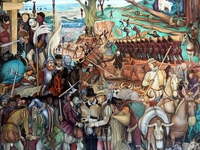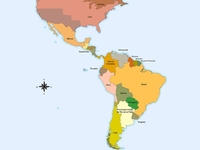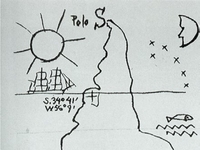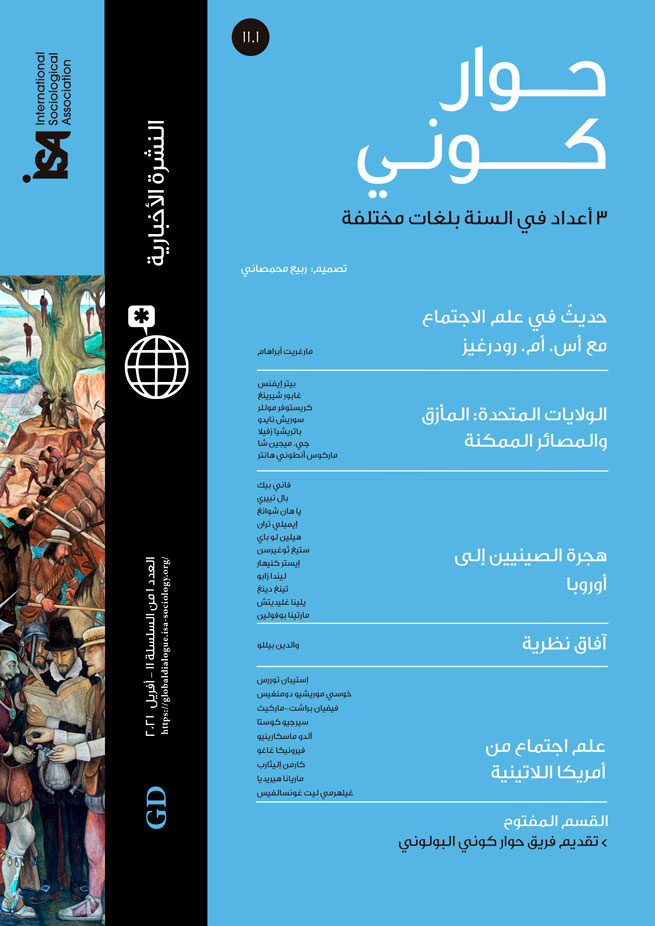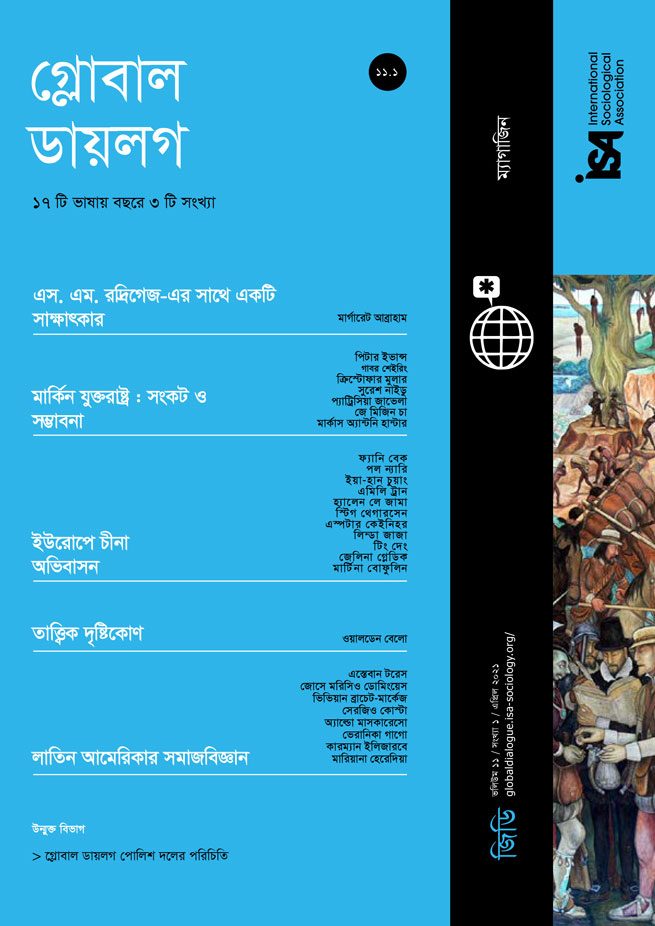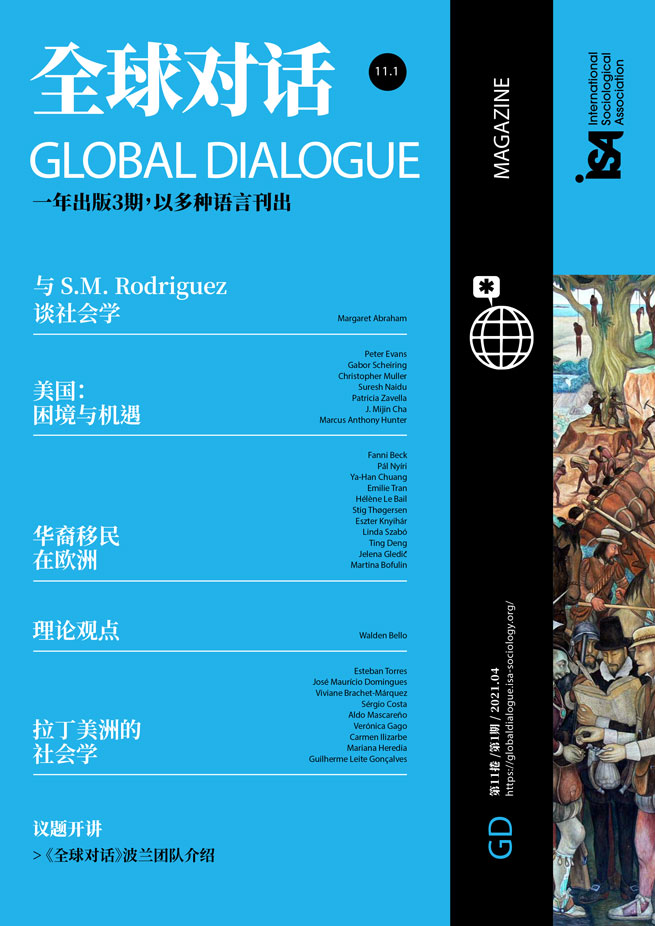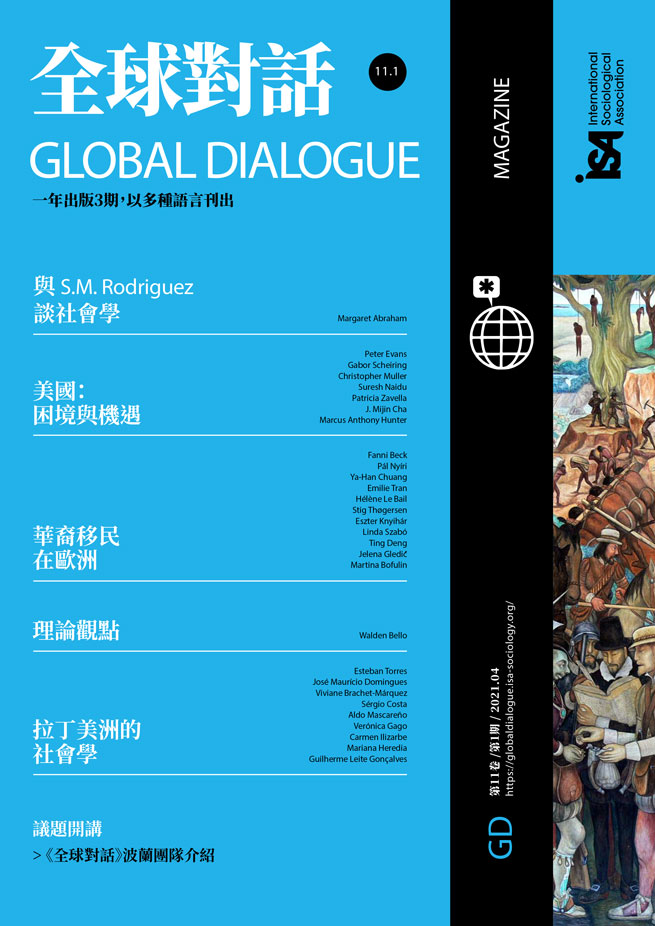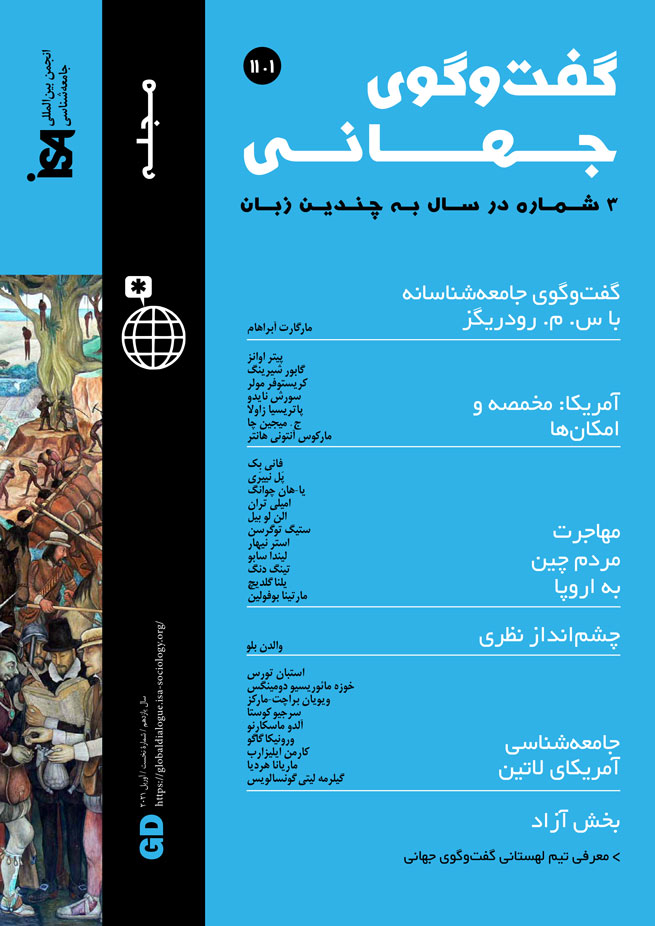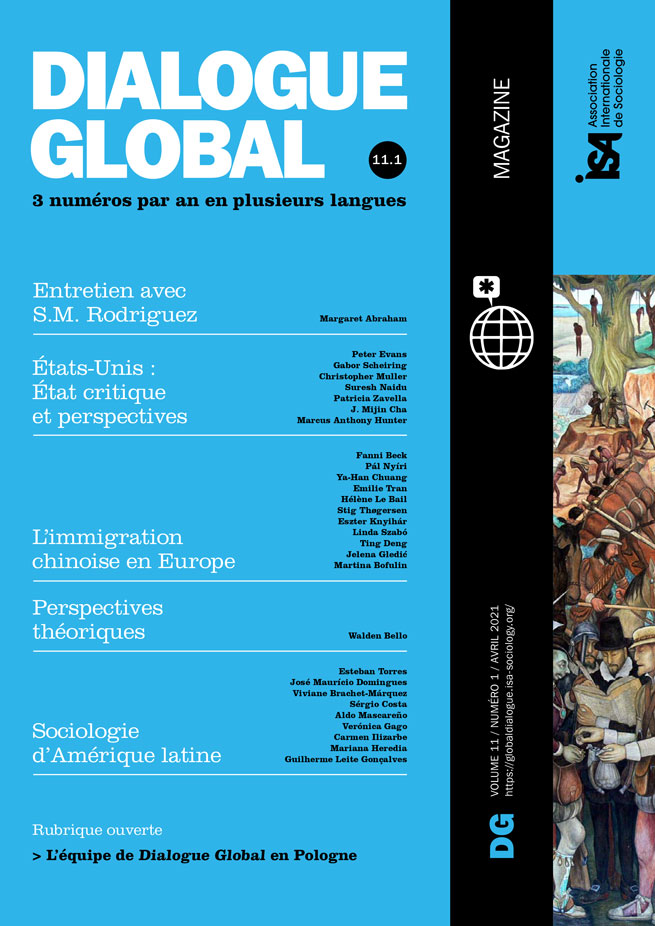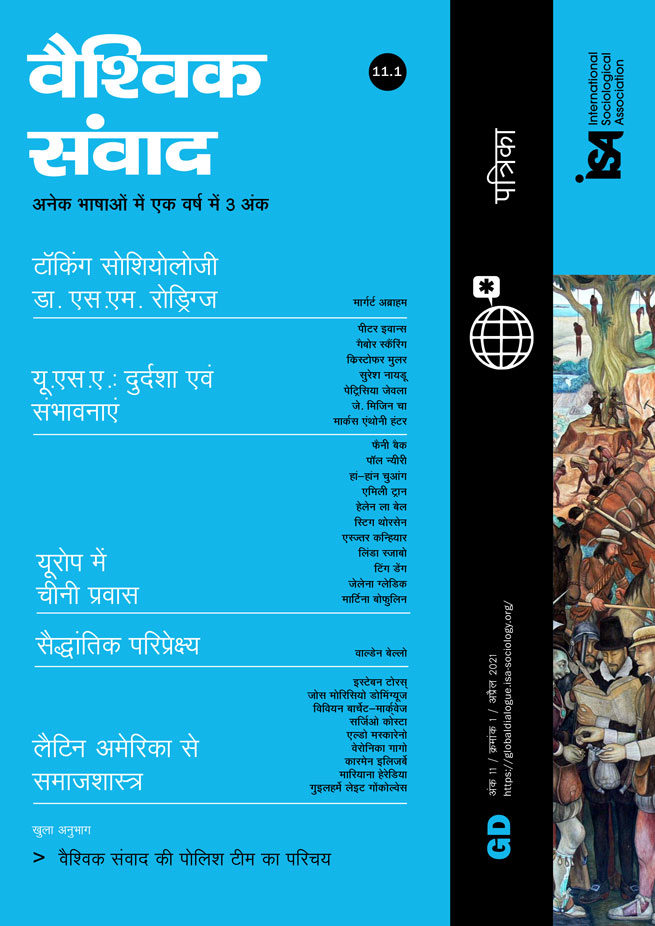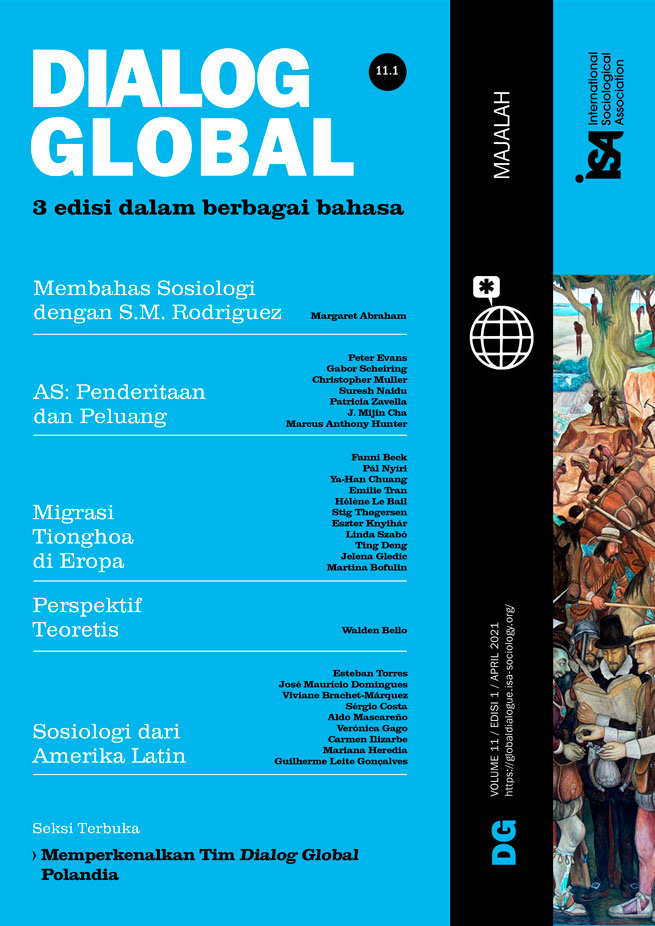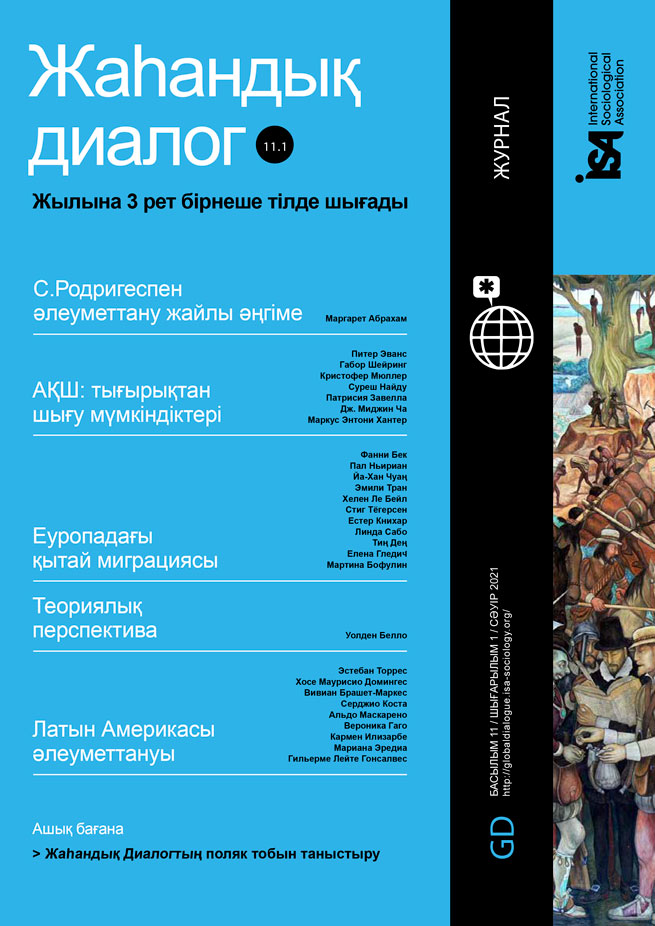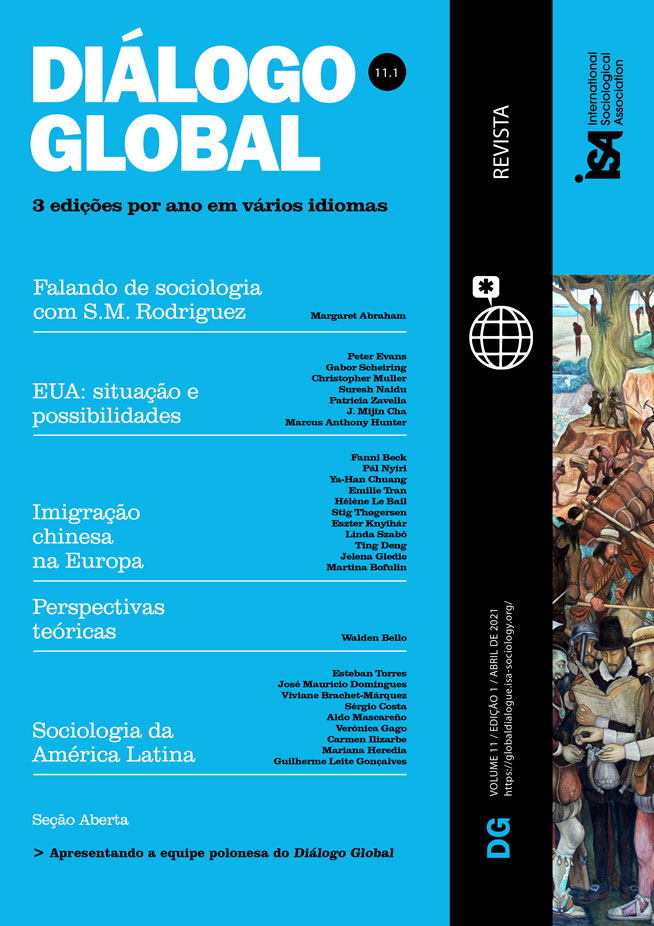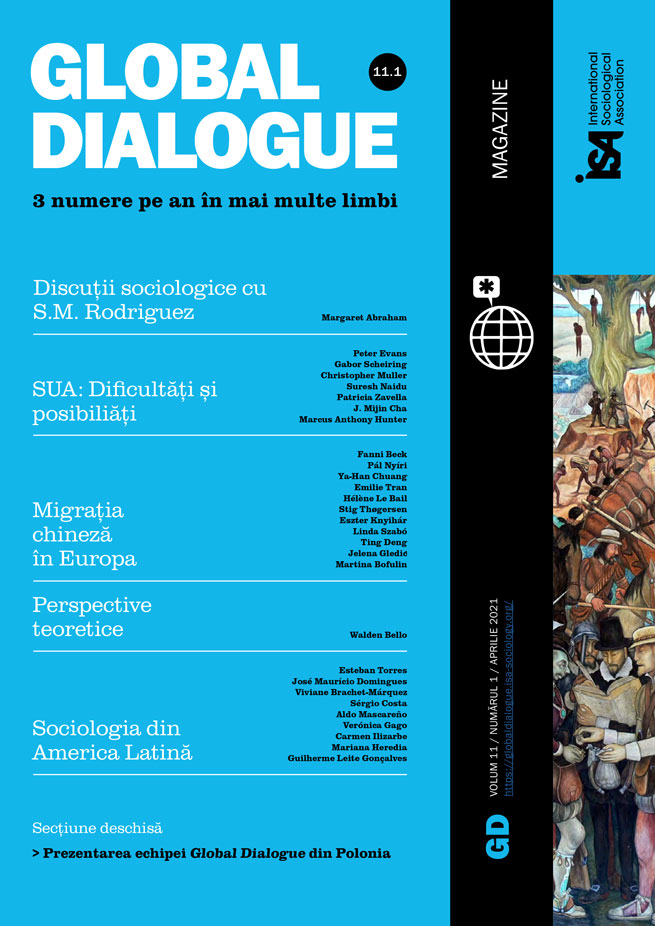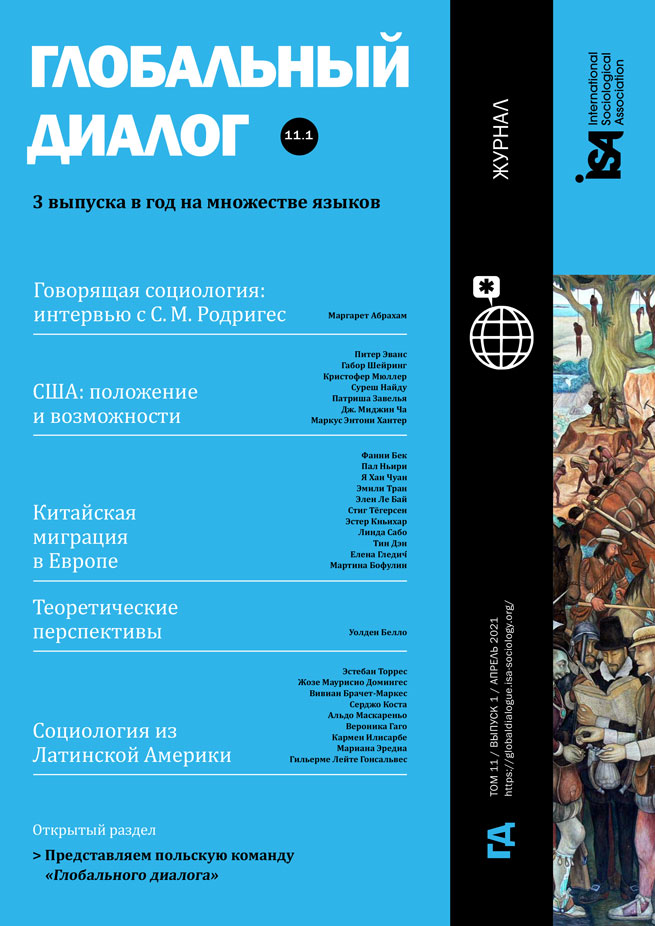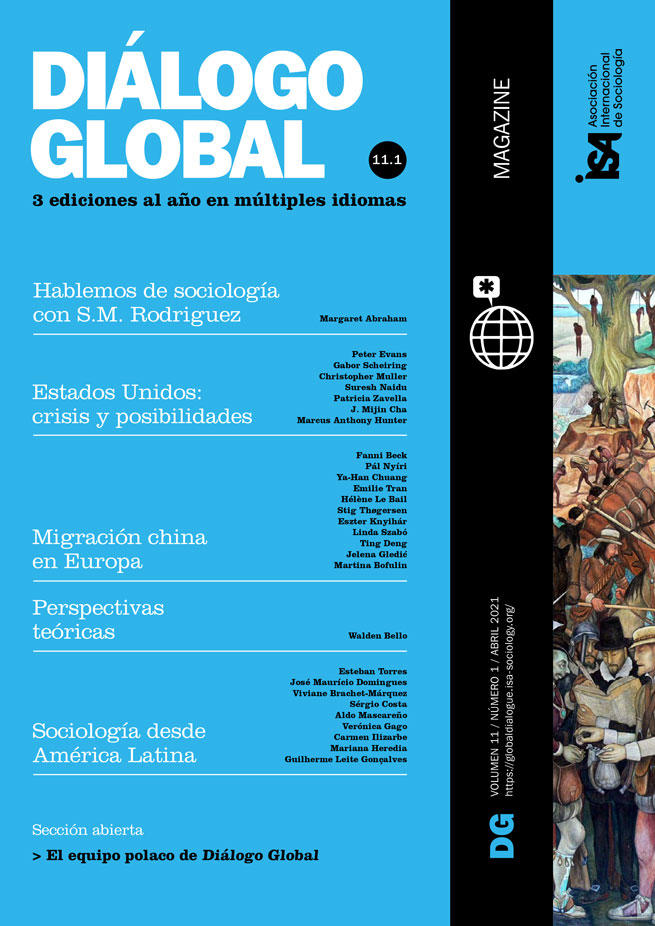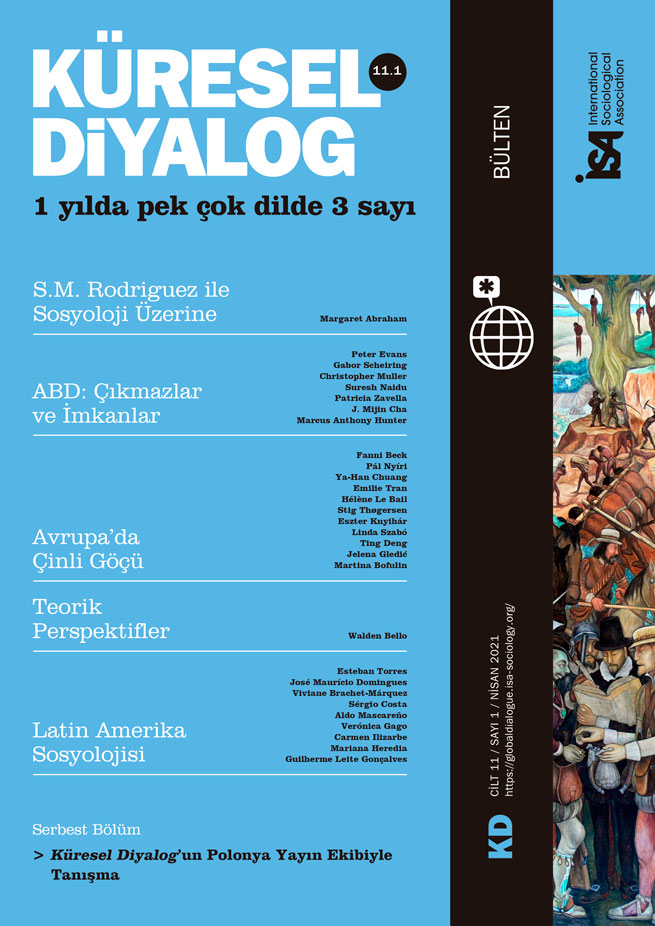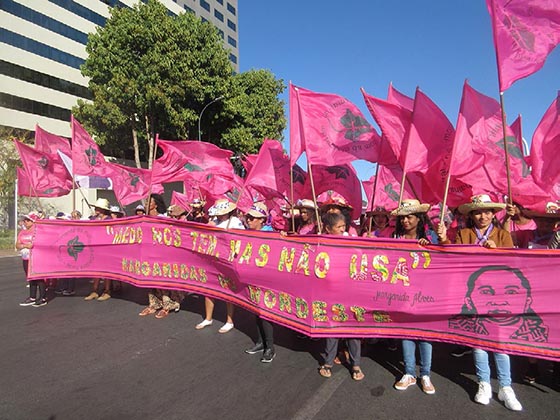Sociology under pressure
Since its emergence, sociology has had to constantly prove that its results are useful and different from those of neighboring disciplines. Sociology distinguishes itself by its ability to examine social processes by considering their context of origin as well as the meanings that actors attribute to these phenomena. Recent social transformations and various scholarly developments have increasingly challenged the capacity of sociology to adequately grasp the nexus between structures and meanings, as I discuss in my contribution to the volume Postcoloniality-Decoloniality-Black Critique: Joints and Fissures, published by Campus in 2014.
First are inclinations within sociology either to reduce the discipline to the study of structures (economism) or to solely investigating the symbolic dimension of social processes (culturalism). In both cases, the central object of sociology, that is, society - interlacing structures, meanings, and representations - is lost from sight, as the German sociologists Hans-Georg Soeffner and Karl Lichtblau have properly argued. Torn between tendencies to economization and culturalization, sociology faces the challenge of analyzing the contemporary world, which has little resemblance to the model of modern society envisioned by post-World War sociologists. Modernity in sociology corresponds to a world whose order rests upon secure borders and stable identities: Western and non-Western, woman and man, native and foreign, modern and traditional, German, Turkish, and German-Turkish.
The second set of transformations has to do with the globalization of social processes and social life. Sociology still lacks the tools needed to grasp a world society that is more than the sum of national societies. Moreover, the fact that modernity is no longer significantly shaped by “Western powers” is problematic for the discipline. Western dominance is intrinsic to the concept of modernity in sociology, as postcolonial theorists have extensively discussed. Yet this perspective neither envisions nor allows comprehending, for instance, that intersections between Bollywood, Hollywood, and telenovelas would shape twenty-first century romanticism or that Latin America could advance to become a periphery of China. Sociology’s attempts to address global social processes have been mostly concerned with the application of categories of national sociologies to the rest of the unknown world. Society is thus replaced by world society and modernization by globalization. These new concepts, however, retain their strictly national features, although on a new scale. The result is a lack of genuinely novel findings and an incapacity to grasp the interplay of structures and meanings beyond national borders.
The third is interspecies interdependence. Constituted during the heyday of anthropocentrism, sociology continues to represent human societies as collectivities that merely use the surrounding environment. This contradicts three decades of scholarly advances in the field of posthuman studies which have highlighted webs of interdependence among human and non-human beings including plants, animals, spirits, as well as artefacts. Because it analyzes societies separated from their environments and disregards the webs of relations that inextricably connect human beings and other life forms (such as viruses and bacteria living within our human bodies, and plants and animals with which we “intra-act” and interact), sociology is no longer able to apprehend vital (and lethal!) processes involving interspecies interdependencies. This has become particularly clear in the current COVID-19 pandemic as Catherine Price shows in her article “When Species and Data Meet” published by the journal Postdigital Science and Education in 2020.
Latin American contributions
The sociological tradition in Latin America and various currents of thought developed there offer seminal contributions and reflections that can help overcome these challenges to sociology.
Research on the linkages between structures, social meanings, and representations has been present in Latin American sociology at least since the 1950s. Social scientists such as Rodolfo Stavenhagen, Florestan Fernandes, and Heleieth Saffioti studied, many years before the word ‘intersectionality’ entered the vocabulary of the social sciences, how ethnicity and class, race and class, and gender and class intersect to constitute social places that express positions in the social structure as well as forms of self-representation and action. In her contribution to the volume Global Entangled Inequalities. Conceptual Debates and Evidence from Latin America published by Routledge in 2018, the Argentinian sociologist Elizabeth Jelin reconstructs and updates these debates.
In the field of globalization of social processes and social life, the dependency theorists and their successors have properly illuminated the entanglements between economic structures and patterns of sociability in different world regions today, as well as in their historical constitution from colonialism and slavery until contemporary finance capitalism, as I show in my contribution “The research on modernity in Latin America: Lineages and dilemmas” published by Current Sociology in 2019.
Even in the case of sociology’s extremely difficult challenge to do justice to interspecies interdependencies, Latin America offers a vigorous repertoire of conceptual resources linked mainly to Indigenous traditions of thought. Some of these are already widely disseminated internationally, such as Amerindian perspectivism, broadly discussed in the oeuvre of Eduardo Viveiros de Castro, and buen vivir (living well), particularly developed in the Andean region. In these currents of thought, the interdependencies between humans and non-humans are largely considered at the descriptive-analytical level and also from the normative point of view of planetary ethics.
These traditions and repertoires clearly offer a range of possibilities, but do not ensure that Latin American sociology will play a relevant role in the necessary reconstruction of sociology as a discipline devoted to the study of interdependencies at the various levels discussed. To participate in this reconstruction, Latin American sociology must revisit these traditions and translate them into the vocabulary of contemporary theoretical debates. It is also necessary to create new forms of symmetrical cooperation and collaboration between producers of academic and non-academic knowledge, and between Southern and Northern sociologies. The quality and magnitude of the Latin American contribution to reconstruct contemporary sociology depend on these alliances.
Sérgio Costa, Free University of Berlin, Germany <sergio.costa@fu-berlin.de>
